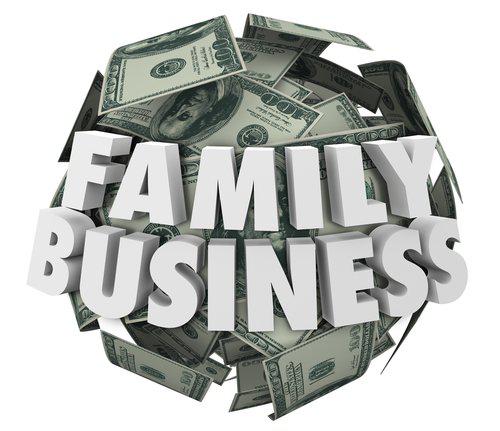Business Valuation in a Divorce
 One of the largest assets to divide in a high-asset divorce is also one of the most difficult ones to value. Because it contains both objective and subjective financial values, and may involve both separate and community property, valuing a business is a very deliberate process that nearly always involves considerable legal debate.
One of the largest assets to divide in a high-asset divorce is also one of the most difficult ones to value. Because it contains both objective and subjective financial values, and may involve both separate and community property, valuing a business is a very deliberate process that nearly always involves considerable legal debate.
Some Examples
The court-ordered sale of the famed Waggoner Ranch near Vernon is an excellent example of an extremely high-value family business. In much the same way as a high net worth divorce, that litigation involved family members who could not agree whether to keep the property, sell it, or do a little of both.
Other examples include professional businesses, such as a law firm, insurance brokerage, or medical office, and small retail establishments, including repair shops, franchise operations, and small restaurants.
Business Valuation Process
The source of the money used to operate the business, at least in its initial phases, is the near-universal starting point. In one respect, this analysis is relatively simple, as it involves a comparison between the date of the marriage and the business' opening date. But these seemingly clear waters are nearly always muddied by persistent questions about commingled funds.
Assume that Wife started a business prior to the marriage, but Husband and Wife both contributed money and time after the marriage. The community estate is entitled to reimbursement, but the precise amount, or percentage, is typically a fact question.
Once the origination question is settled, the business' current value must be accurately assessed. Attorneys often partner with professional appraisers to determine its value in terms of
- Market: Much like a residential appraiser, the evaluator looks at comparable businesses recently sold in the area.
- Asset: In addition to tangible assets, all businesses have at least some intangible assets that are difficult, or nearly impossible, to value.
- Income: The appraiser examines prior cash flow and uses those figures to project future profitability, if any.
- Goodwill: Enterprise goodwill, which is associated with the name of the business (i.e. McDonald's), is community property; personal goodwill that is associated with an owner's name (i.e. Jim's Repair Shop) is separate property.
Options
Many ex-spouses continue to co-own a business following divorce. If co-ownership is not an option, and one party wants to retain the business, a buy-out may be in order. Sometimes, as opposed to cash, this buy-out can be through an offset; in the above example, Wife may elect to let Husband keep a greater share of the home equity in exchange for his portion of the business.
For a consultation in this area, contact an aggressive Cedar Park divorce lawyer. Mr. Powers is a family law expert.
Source:
http://www.bloomberg.com/graphics/2015-famous-texas-waggoner-ranch-for-sale/




 512-610-6199
512-610-6199
